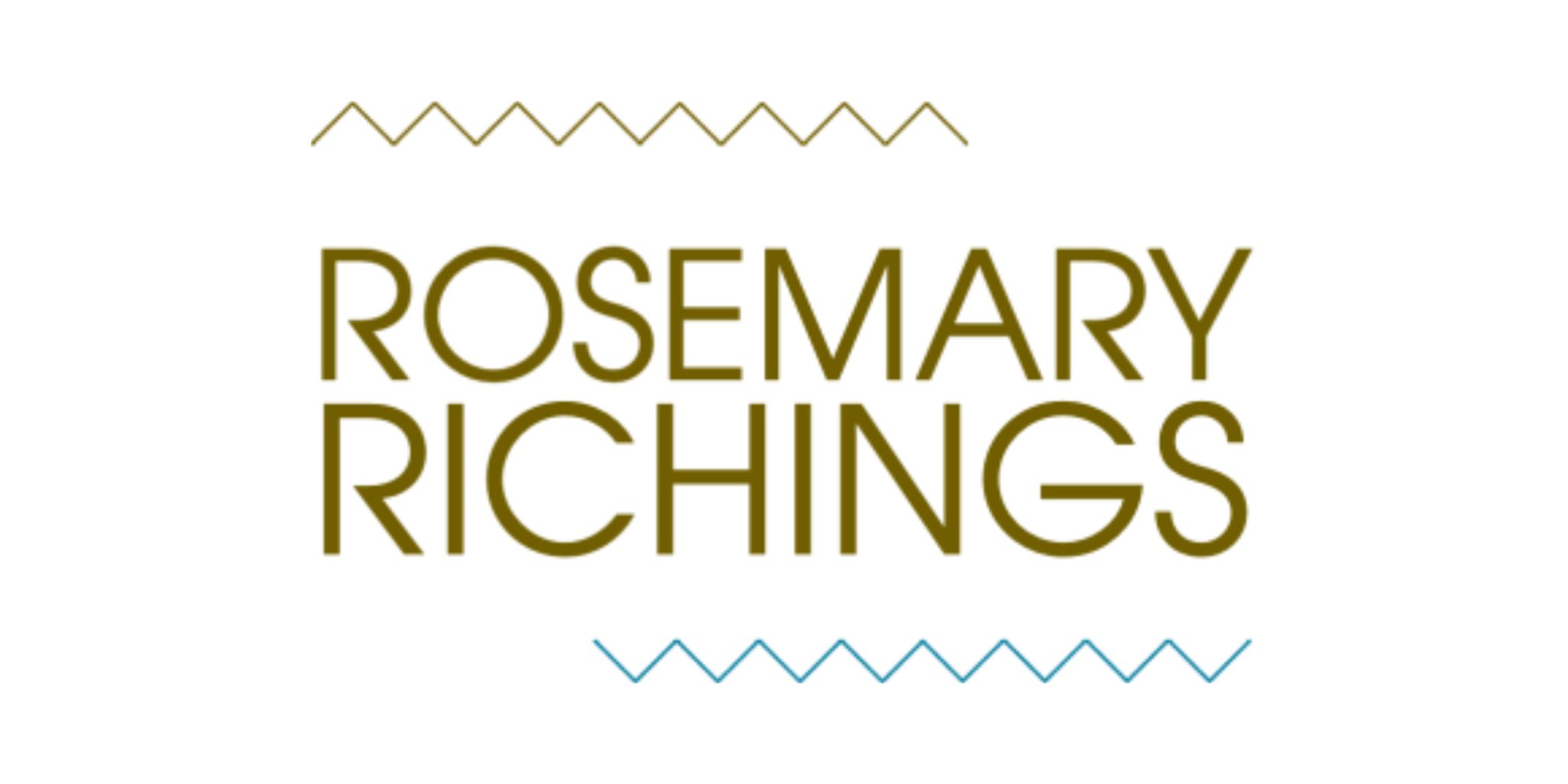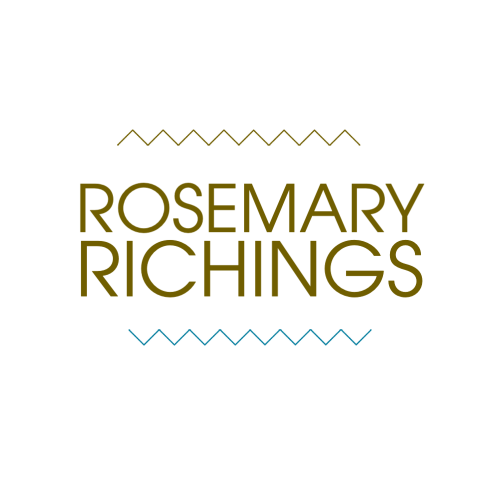Pricing based on fear is something I see freelancers do far too often.
And it started with an email that went like this….

And that email really got me thinking.
Because after that, I started to see anxieties about pricing show up in multiple Facebook groups.
And the interesting thing was this wasn’t a niche specific feeling of anxiety.
Lots and lots of freelancers, even ones I respect have felt that way at some point in time.
Fear-based Pricing: where’s it coming from?
Overall it’s coming from a combination of places.
For instance, sites such as Upwork aren’t exactly helping.
Because talented, capable creative people are competing with individuals who will happily do the job for a whole lot less.
So of course, it’s making creatives anxious!
And that’s exactly why I wrote a guest post a few months ago on how to charge what you’re worth.
But charging what you’re worth isn’t just a state of mind.
It’s also something that freelancers have to confront daily.
So today we’re going to talk through some useful coping strategies.

1) Beginner’s anxiety
Beginner’s anxiety is the feeling you get when you see what everyone else is doing, and get overwhelmed by how much more experience they have.
Because that’s a totally normal feeling overall.
And everyone wants to know what the grass is like “on the other side”.
So we take what our peers have vs. what we have and assume we should charge less than that.
Or maybe even charge the low rate that they’re charging.
Which leads to this dangerous feeling of assuming that you’re “not ready” to charge a specific rate.
Because if you just keep assuming you’re “not ready” to charge a decent rate, you’ll never be ready (period).
And those freelancers that are impressing you with their fancy publication credits?
Probably still struggling with some of the things you still struggle with.
Because freelancing is one of those things where there’s always something new to learn and improve on.
“Regular” jobs cover software, healthcare, E.I, etc.
And freelancing doesn’t always do that.
So if you’re not factoring these things into your rates, you need to raise your rates and factor them in…
Right now!
2) Clients Call You Expensive
Has anyone sent you this kind of email before?

If so then you’ve had a potential client tell you that you’re too expensive before.
And it’s important to keep in mind that that’s not actually a bad thing.
In fact, it’s actually a sign that you’re doing something right!
If not every pitch is accepted then it’s a sign that you’re being valued for something besides your rate.
And you want that because I’ve worked with people who want things done the cheap and fast rate before.
And, with the exception of some charities and not-for-profits who literally cannot afford me, most of my “I want cheap and fast” client experiences have been terrible.
When you get someone challenging your rate, and saying “you’re too expensive”, you can either respond like this:

Or you could ignore the email, or politely question where their assumptions about pricing are coming from.
But I highly recommend option one, because “no”s in this industry aren’t always final, and this could at least lead to referrals, or even put you on a list of freelancers that they reach out to in the future.
3) A Saturated Niche
What would you prefer:
Clients considering you to be the Porsche or the WalMart of your industry?
It’s okay to pick option one because you’re freaking worth it!
And if you don’t believe me, add up all the things that you’ve done to get to where you are today, such as:
- Courses
- Guest posts
- All the hours of networking
- And all the hustling
Now do the math of how much time and money that cost you.
And put that side by side with your current rate.
Do the numbers make sense side by side with each other?
If not being the Porsche of your industry probably seems pretty appealing, eh?
4) Lack of Demand
Often, when the project rotation is a bit dry, lowering prices seems like the easy way out.
But it’s also a bit dangerous.
Because, most of the time, potential clients need to be educated on the big picture value of a freelancer’s work.
And doing that by saying “here’s a big discount” sends the wrong message.
It says that paying a specific type of freelancer that rate all the time is perfectly acceptable.
So instead, focus on getting attention by building impressive social proof and going above and beyond with clients.
That will convince them that every penny is totally worth it.
And break services up into packages, to encourage clients to purchase long-term results rather than short-term solutions.
But, above all else, if you get rejected for your prices, just keep putting yourself out there.
Because that’s often a sign that the person isn’t a good fit for you, and you should work with someone else.
I know that sounds like a lot to ask, but this is for sure a lifestyle where resilience is key.
And if you have any pricing questions to ask, feel free to comment below.


